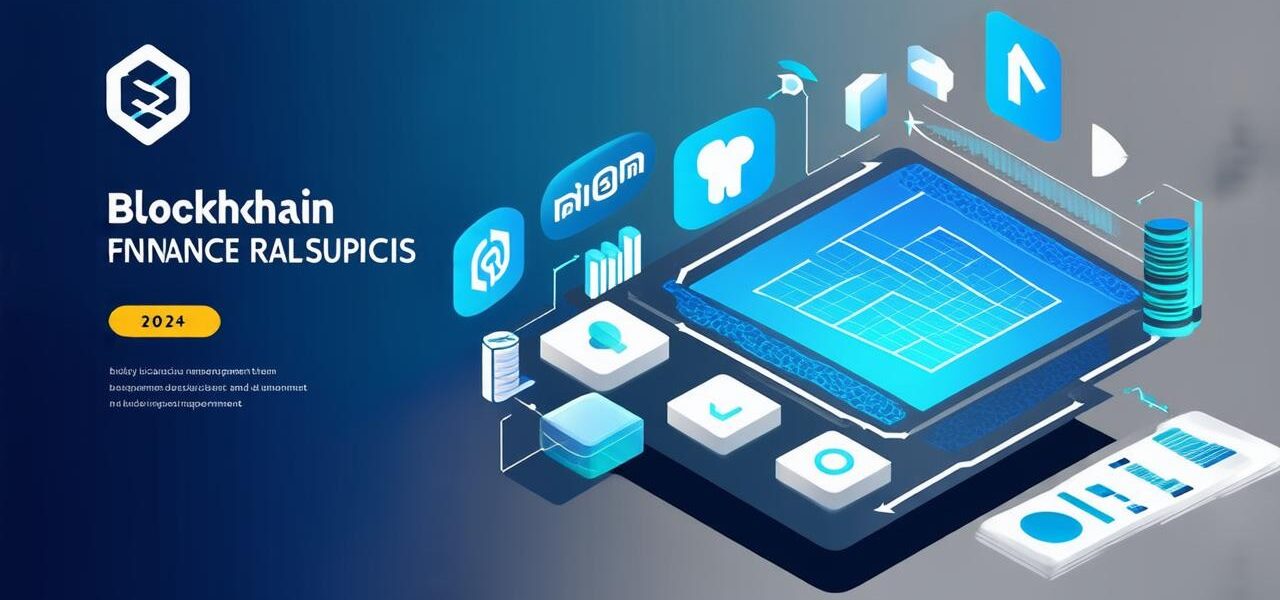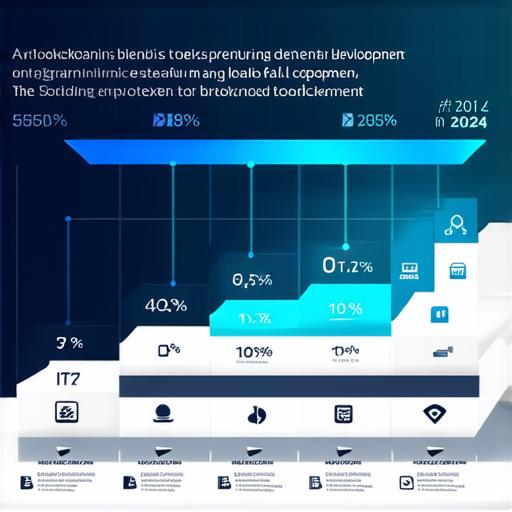
Emerging Trends in Blockchain Development for 2024
Blockchain technology is a decentralized, distributed ledger system that enables secure and transparent data storage, sharing, and governance. It was first introduced in 2008 with the creation of Bitcoin, a decentralized digital currency that operates independently of intermediaries like banks or other financial institutions.
Since then, blockchain technology has gained traction across a wide range of industries, including finance, supply chain management, healthcare, and voting systems. Its key features include:
- Decentralization: Blockchain is decentralized, meaning that it operates independently of intermediaries or central authorities. This makes it more resilient to attacks and fraud, as there is no single point of failure.
- Transparency: Blockchain provides a tamper-proof record of every transaction that takes place on the network, enabling users to verify the authenticity and integrity of data.
- Immutability: Once data is stored on the blockchain, it cannot be changed or deleted without the consensus of the network participants. This makes it ideal for applications where accuracy and immutability are critical.
- Security: Blockchain uses cryptographic techniques to secure data and transactions on the network, making it difficult for hackers to compromise the system.

Emerging Trends in Blockchain Development for 2024
As we approach the end of 2023, it’s clear that blockchain technology is continuing to evolve and mature. In this article, we will explore some of the most exciting emerging trends in blockchain development for 2024.
1. Decentralized Finance (DeFi)
Decentralized finance (DeFi) is a relatively new concept that has gained traction over the past few years. DeFi refers to financial applications and services that are built on blockchain technology, allowing users to access a wide range of financial tools and services without the need for intermediaries like banks or other financial institutions.
2. Privacy-Preserving Technologies
Another emerging trend in blockchain development is the use of privacy-preserving technologies. These technologies aim to enable users to maintain their privacy and anonymity while still benefiting from the security and transparency provided by blockchain technology.
3. Supply Chain Management
Blockchain technology is also gaining traction in supply chain management. By providing a decentralized and transparent ledger of all transactions along the supply chain, blockchain can help to improve traceability, reduce fraud, and increase efficiency.
4. Voting Systems
Blockchain technology is also being explored as a solution for secure and verifiable voting systems. By providing a decentralized and transparent ledger of all votes cast, blockchain can help to improve the security and integrity of elections.
5. Identity Verification
Identity verification is another area where blockchain technology is gaining traction. By providing a decentralized and secure way to verify identity, blockchain can help to reduce fraud, increase privacy, and improve accessibility for users.
Conclusion
In conclusion, the emerging trends in blockchain development for 2024 are likely to have a significant impact on a wide range of industries and applications. From decentralized finance and privacy-preserving technologies to supply chain management, voting systems, and identity verification, blockchain is poised to transform the way we think about data storage, sharing, and governance.
As this technology continues to evolve and mature, it’s important for businesses, organizations, and individuals to stay informed about the latest developments and opportunities. By leveraging the power of blockchain, we can create more secure, transparent, and democratic systems that benefit everyone.



